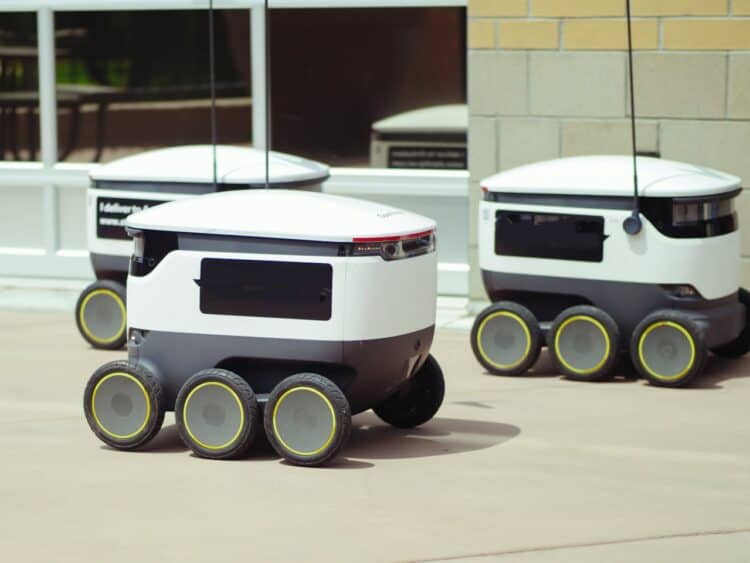The transport management system (TMS) market is experiencing a fundamental shift as artificial intelligence (AI) becomes increasingly integrated into its operations.
According to Rickard Andersson, principal analyst at Berg Insight, the potential for leveraging AI capabilities in TMS is unprecedented. Traditional systems that relied solely on preprogrammed algorithms are evolving to utilise advanced AI and deep learning. This allows them to continuously learn from data, adapt to changing conditions, and even anticipate future disruptions.
The influx of AI functionalities is not limited to TMS specialists; broader supply chain management (SCM) players and ERP vendors are also incorporating these capabilities. Emerging implementations include chatbots and agentic AI systems that operate with a degree of autonomy, significantly enhancing logistics operations through advanced automation and decision support.
AI agents are transforming international logistics by reducing manual effort and errors. These systems facilitate proactive risk assessments, identifying potential disruptions well in advance. Additionally, machine learning algorithms improve documentation accuracy and compliance management, enabling more autonomous decision-making in complex logistics environments.
One notable example is Pando, a US-based company offering AI agents that automate logistics operations for manufacturers, distributors, and retailers. By utilising Pando's proprietary Logistics Language Model (LLM), businesses can achieve greater agility, control freight spending, and reduce their carbon footprint. Pando’s offerings extend beyond AI agents to include domestic and international TMS products that leverage AI for load planning and intelligent route optimisation.
Similarly, TESISQUARE, an Italian company, has launched an AI Competence Center focused on next-generation technologies such as applied machine learning, large language models, and predictive modelling. Their goal is to enhance platform intelligence and optimise business applications, resulting in a more resilient and adaptive supply chain.
Other TMS-related functionalities incorporating AI include Kinaxis’s Maestro platform, SAP’s AI copilot Joule, E2open’s customs declaration assistant, and Descartes’ AI Agents. These innovations exemplify the broad integration of AI across various platforms aimed at enhancing logistics operations.
Despite the exciting advancements, there is an emerging sentiment in the industry regarding the need for transparency in AI decision-making processes. Understanding the rationale behind TMS recommendations is crucial for fostering trust among users, which may slow the adoption of AI-based tools.
While AI has been leveraged in transport management for years, the most recent offerings are still in their experimental phases. The true impact of these technologies on day-to-day operations remains to be seen.



